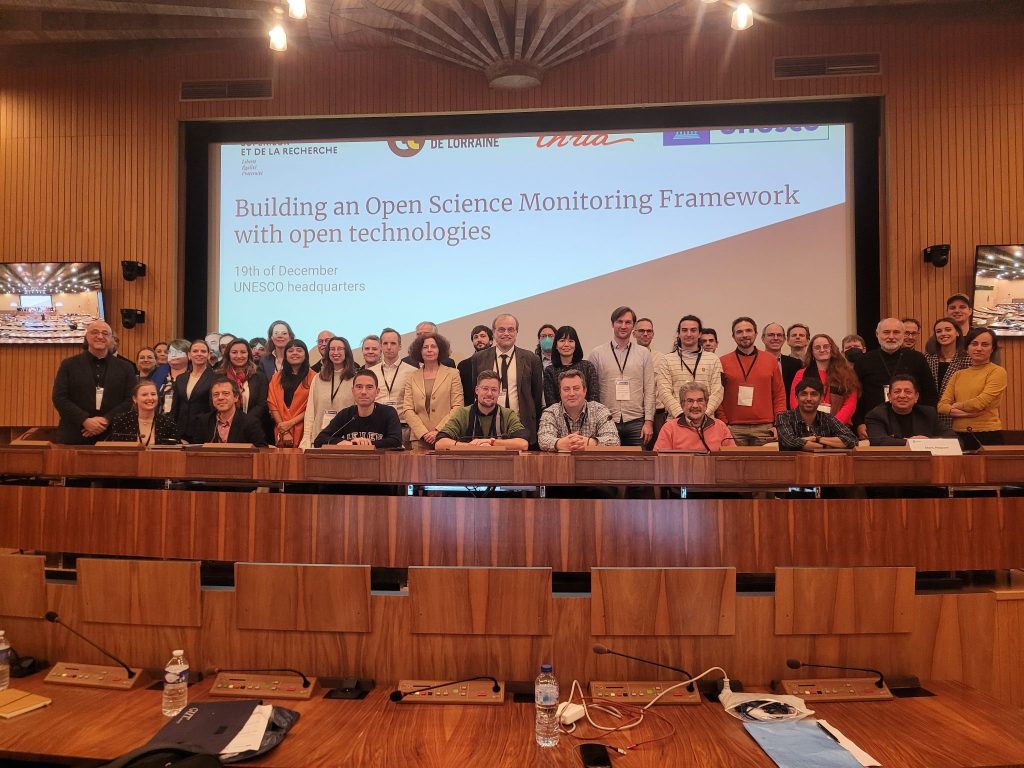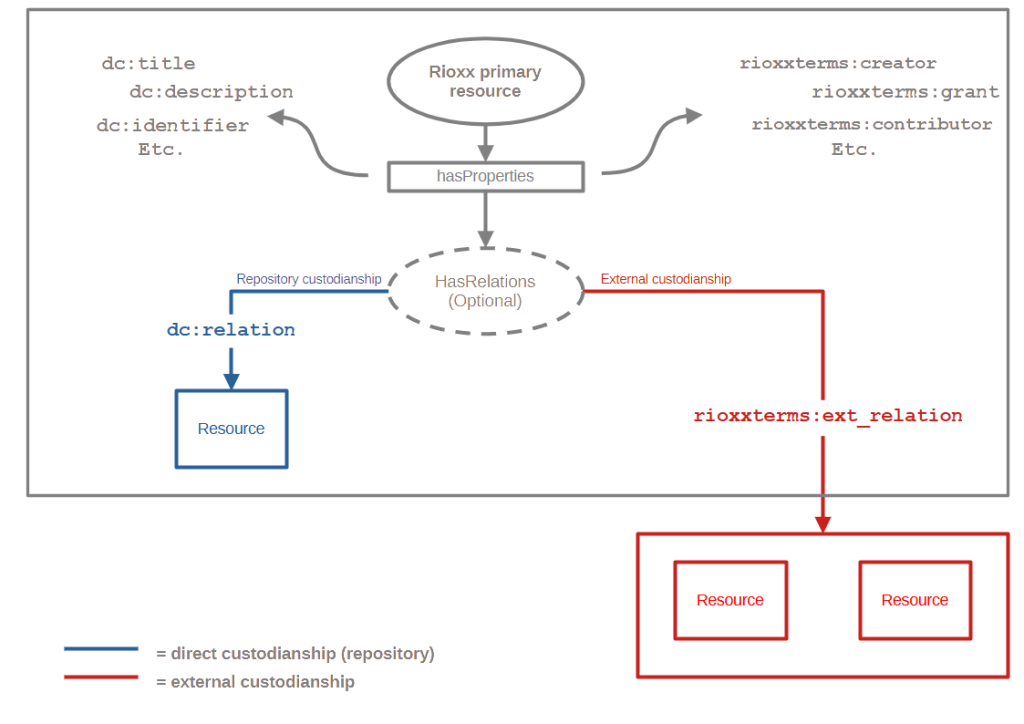This week saw the latest CORE Board of Supporters Meeting take place online. We had 28 attendees from our member institutions and, for the first time, we were also joined by institutions that are working with CORE as a part of the URSN pilot project, funded by SPARC.
The Board of Supporters is an integral component of the CORE governance structure and exists as part of our role as signatories to The Principles of Open Scholarly Infrastructures (POSI).
Figure 1: The CORE governance structure
Professor Petr Knoth hosted the meeting and first introduced a round up of the work that CORE has been doing in the last six months, covering some of the new tools that CORE has released for members including the Rights Retention module, new indexing request capabilities, better email alert tracking and the ability to categorise a repository’s content into ‘sets’ allowing for better management of your content.


